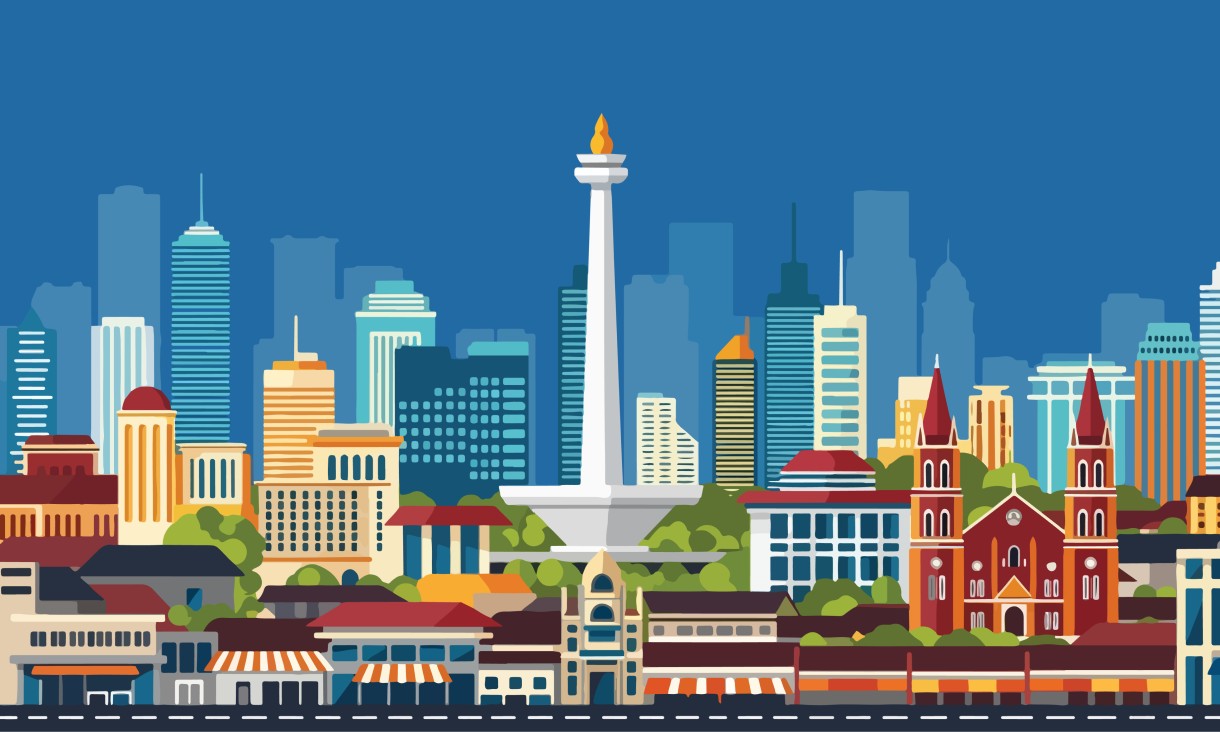
Regional work futures in the COVID-19 era
Much commentary about work futures is on the job displacement heralded by the digitalisation of work. There are forecasts of possible widespread job losses and high levels of unemployment (see Warhurst & Hunt 2019). Much research also points to deskilling for many and reskilling a few, creating polarised workforces. The outcome could be a marked division in jobs done by a privileged workforce and a growing precariat. In the pandemic such trends are likely to be exacerbated.
Australian regional labour markets are in a state of transition, with seemingly bleak work futures. The prevailing proposition is that with technological innovation there is likely to be a spatial sorting of highly productive industries, into a few largely metropolitan centres. This is because of “increasing-returns effects residing in the external economies of scale and scope that flow from selected aspects of their joint operation in particular localities” (Scott, AJ 2008, Social Economy of the Metropolis: Cognitive-Cultural Capitalism and the Global Resurgence of Cities, Oxford University Press, Oxford. Pg 70).
Added weight to these prognostications is provided by the comprehensive restructuring of regional economies that is underway, accompanied by job loss and closure (e.g. Fairbrother and Denham 2020; Taylor et al. 2019). Although, there is comprehensive growth in the place-based service industries, health, social care, education and to a lesser extent retail. But, this work is often part-time, low paid work involving women and the young (see other CPOW blogs). And, there is the diminution of services such as banking, technical support and professional services in the regions. There is also an increase in seasonal work in agriculture involving migrant and transient and vulnerable labour.
So, is the future of work, and particularly good jobs and employment to be found only in the metropolises? Is it likely to be accompanied by a comprehensive contraction of employment in the regions – made worse by the fall-out of the pandemic? Much recent theory supports a dystopian regional prospect, although uneven in impact. Nonetheless, there is an alternative; after all our futures are a feature of how we approach our futures. Again and again, theorists have drawn attention to the limits of technological determinism, and the implied futures about work.
Work futures can be place-based. The major disruption of COVID-19 creates the opportunity to reimagine the future of work in regions. The impact on households is stark, the escalation of home working, the differential spatial impact of the virus, and the shift in modes of retail purchase, together with the uncertainty in supply chain operations. How we understand work must change. Already, there appears to be reconstitution of the provision of some services and activities underway, exemplified by forms of blended learning where place is no longer decisive.
So, is the future of work, and particularly good jobs and employment to be found only in the metropolises?
Thus, a reimagined regional future for work requires:
- To date, the three layers of government have not managed to develop cohesive and integrated approaches to regional futures; the relatively exclusionary and self-interested approaches to regional socio-economic futures threatens inclusive work futures. Hence, an immediate focus on inclusive forms of regional governance are a necessary pre-condition for a renewed work future in the regions.
- Often regional policies are formulated in concert with local political elites, particularly business interests dominating the process with their ‘shovel-ready’ projects. The alternative approach is one where a wide range of regional actors are able to exercise their preferences for work in situ and decent work for a just transition. The models of the future may be the technology parks and industry precincts located in regions. Education/training systems could be shaped to develop local workforces and promote the interchange between the region and the metropolis. Political will is required.
- Regions are organised around diverse resources, industries, and services, with varied As with the utilisation of technologies, decisions for use are made by fiat, deliberation, by default; instead we could deploy these technologies in humane or inhumane ways. The decision to locate and enable all forms of work in regional spaces is a matter of decision, rather than technological inevitability.
Regional futures can be carved out in the occasion of crisis. The question is how can we work and how do we want to work? The pandemic – the experience of remote working, less place-defined – can be an impetus for such innovation. The disruption to supply chains and related logistics and marketing underwrites the challenge. The caution is that such steps must be marked by the celebration of decent work in congenial circumstances. Thus, the regions have a future.
Peter Fairbrother and Todd Denham - School of Management
This article originated on the Centre for People, Organisation and Work Blog, please visit the CPOW website for further information.
Related News
Artificial intelligence at work: How intelligent systems and human resource analytics are transforming recruitment and talent development
Artificial intelligence (AI) is already reshaping how organisations attract, recruit, assess, develop and manage talent. From algorithmic CV screening to AI-driven learning platforms, intelligent systems are increasingly embedded across the work lifecycle of employees.
Indonesia’s Energy Transition: Navigating Ambition, Reality and Opportunity
Indonesia’s energy transition is entering a decisive phase. The country has moved from broad pledges toward a more detailed—if occasionally inconsistent—policy framework.
Are we living through an era of extraordinary technological progress, or a drought of genuine breakthroughs?
Public optimism about the pace of technological progress has rarely been higher. Popular discourse is saturated with claims that we are on the cusp of extraordinary transformation, whether through artificial intelligence, biotechnology, or even the merging of humans and machines.
Reforming the Corporations Act to Include Human Rights Due Diligence: A Legal Proposal
Australia may be on the cusp of a significant shift in how corporate law addresses non-financial risk and promotes Environmental, Social and Governance (ESG) performance.


Acknowledgement of Country
RMIT University acknowledges the people of the Woi wurrung and Boon wurrung language groups of the eastern Kulin Nation on whose unceded lands we conduct the business of the University. RMIT University respectfully acknowledges their Ancestors and Elders, past and present. RMIT also acknowledges the Traditional Custodians and their Ancestors of the lands and waters across Australia where we conduct our business - Artwork 'Sentient' by Hollie Johnson, Gunaikurnai and Monero Ngarigo.
More information



